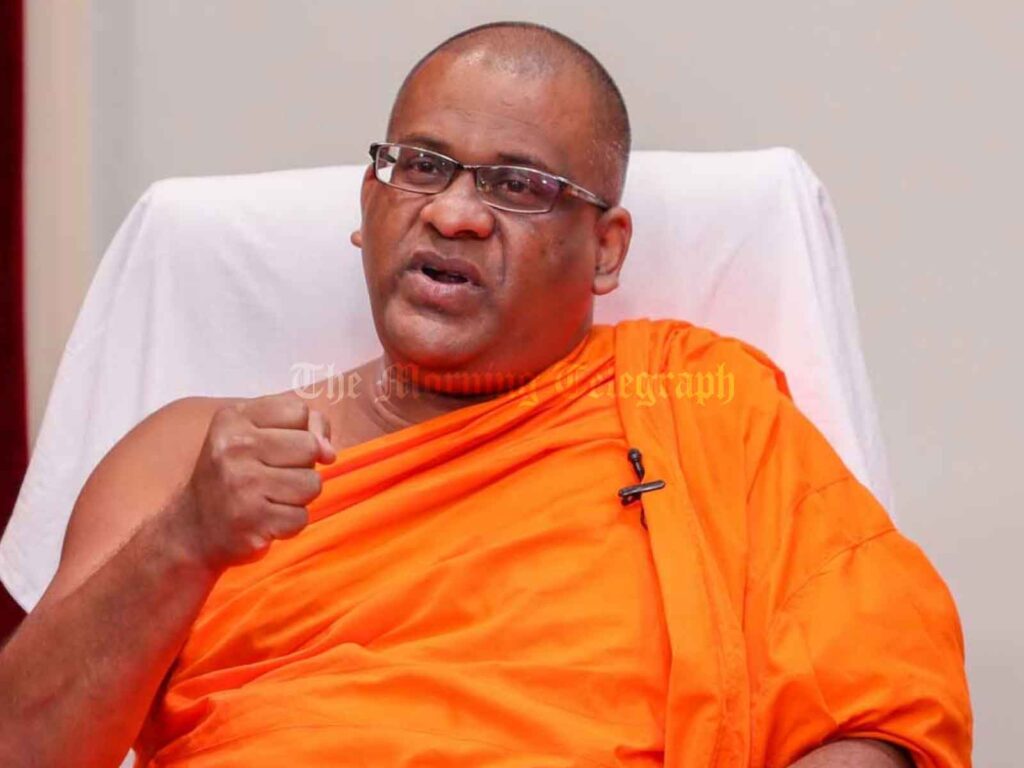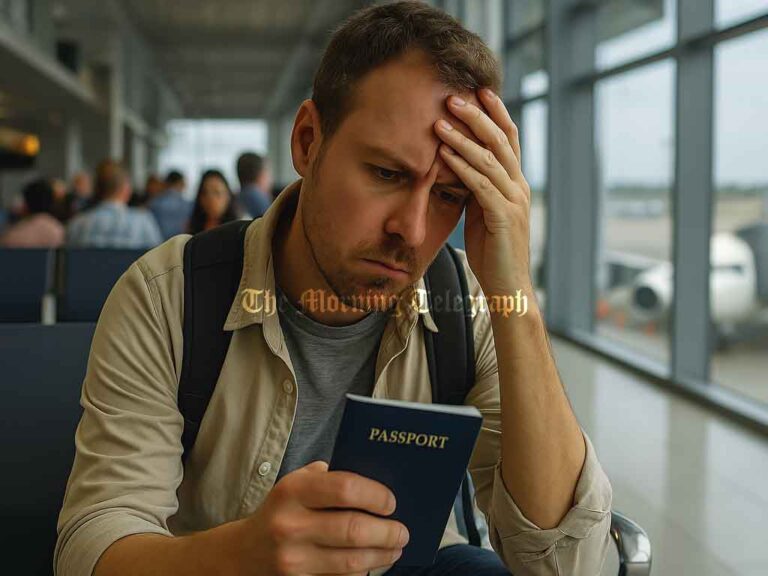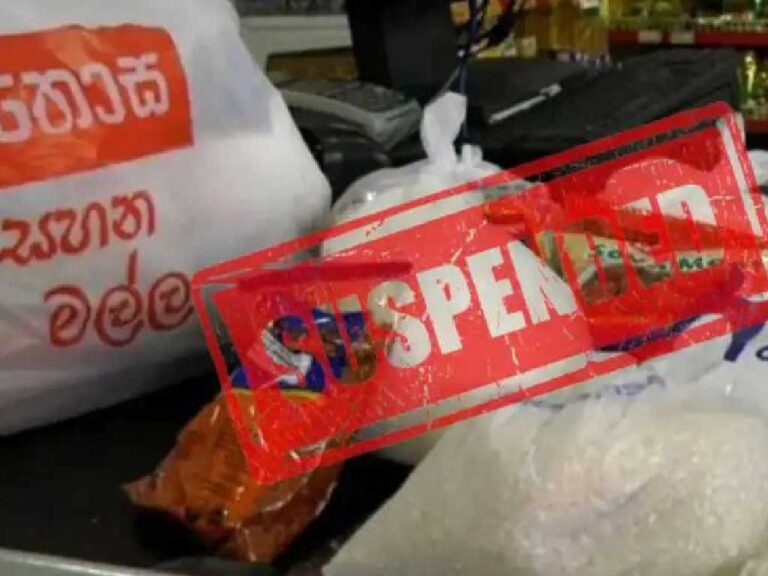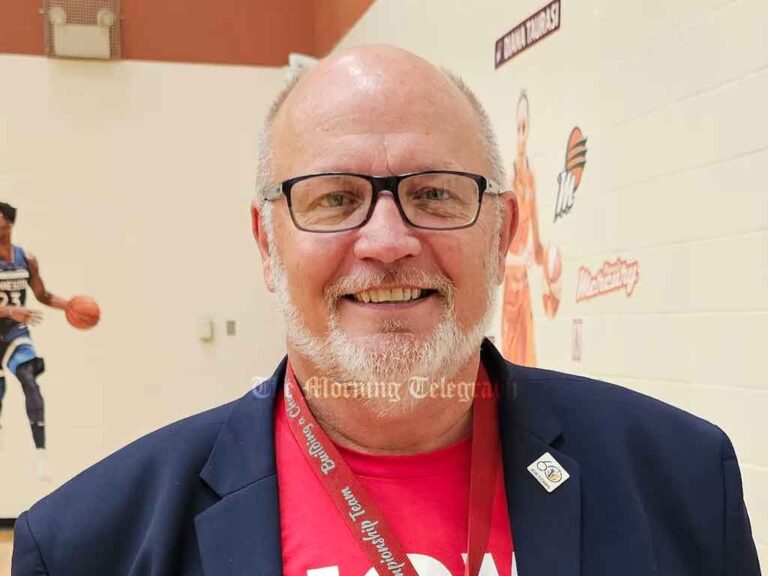
During his address at the Welikanda Purana Sri Sudarshanarama Temple in Ahungalla, Bodu Bala Sena leader Galagodaatte Gnanasara Thero elaborated on the current threats facing Buddhism in Sri Lanka. He asserted that 550 fundamentalist groups are actively working against the religion, warning that these groups pose a significant danger to the nation’s Buddhist heritage. Gnanasara Thero did not shy away from making these claims, emphasizing that it is important to speak openly about the issues at hand.
He reflected on the historical sacrifices made by the Sinhalese people to protect Buddhism, even during times of colonial rule. He argued that while other countries with a Buddhist past—such as Pakistan, Maldives, Malaysia, and Afghanistan—have largely lost their Buddhist traditions due to external influences, Sri Lanka’s unique resilience kept the religion alive for over 2,500 years. The Thero credited this perseverance to the deep-rooted cultural commitment of Sri Lankan Buddhists, who, despite colonial repression and the pressures of modernization, continued to safeguard the Dhamma.
Gnanasara Thero pointed to the actions of Migettuwatte Gunananda Thero in the 19th century as an example of how intellectual resistance helped protect Buddhism. During a time when Christian missionaries were actively trying to convert Buddhists, Gunananda Thero led debates and protests, like the Pancha Maha Vada, to counter these efforts. The Thero noted that current Buddhist leaders benefit from the groundwork laid by figures like Gunananda, who dedicated their lives to preserving the faith but died with a sense of unfulfilled mission.
He expressed concerns about modern challenges to Buddhism, including what he perceives as societal neglect toward Buddhist values and a lack of unity among the Buddhist community. While followers of other religions remain steadfast in their practices—such as Muslims attending prayers five times a day and Christians going to church weekly—Gnanasara Thero criticized the lack of similar commitment among some Buddhists. He lamented that while other communities tend to uplift those struggling within their ranks, Buddhists, in his view, often resort to criticizing and undermining each other.
Gnanasara Thero also discussed the cultural and psychological state of the country, citing reports that 80% of the population suffers from some form of mental illness. He attributed this to a departure from traditional values and the loss of cultural heritage, calling for renewed efforts to educate younger generations about their Buddhist legacy. The destruction of ancient Buddhist relics and monuments was another major concern he raised, linking it to a broader decline in the respect and preservation of the country’s historical and spiritual heritage.
Defending the role of the Bodu Bala Sena, he described the organization as a movement dedicated to safeguarding Buddhism through a “national program,” not for personal gain. Despite facing legal and social criticism, he maintained that their actions are driven by a sense of duty to protect the religion and its cultural significance in Sri Lanka.
Kirama Devinda Thero, Chief of the Welikanda Sri Sudarshanaramaya and Ashta Maha Viharaya, also spoke at the event, echoing some of these sentiments and reinforcing the call for a more concerted effort to protect Buddhism and its traditions. The gathering underscored a shared concern among the speakers about the future of Buddhism in Sri Lanka and a collective appeal for vigilance and renewed cultural dedication.




